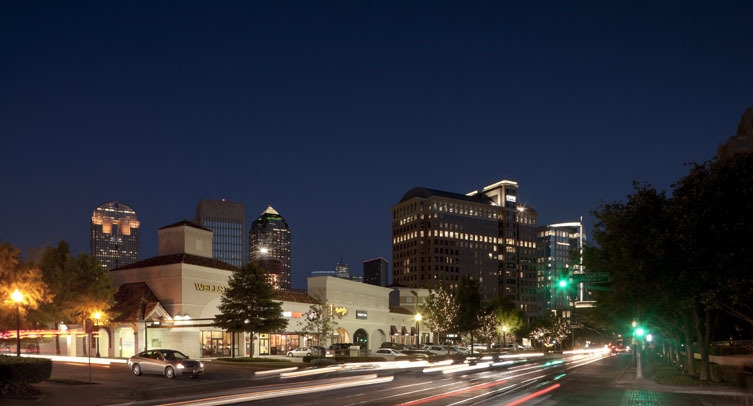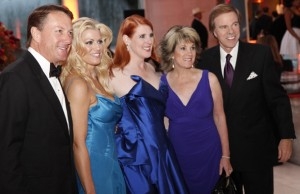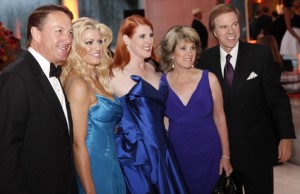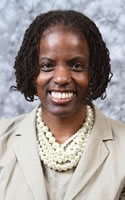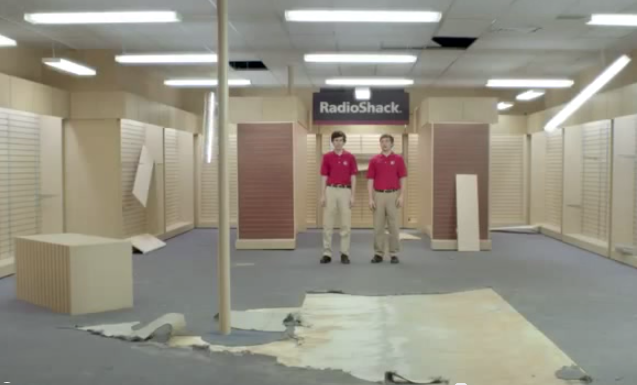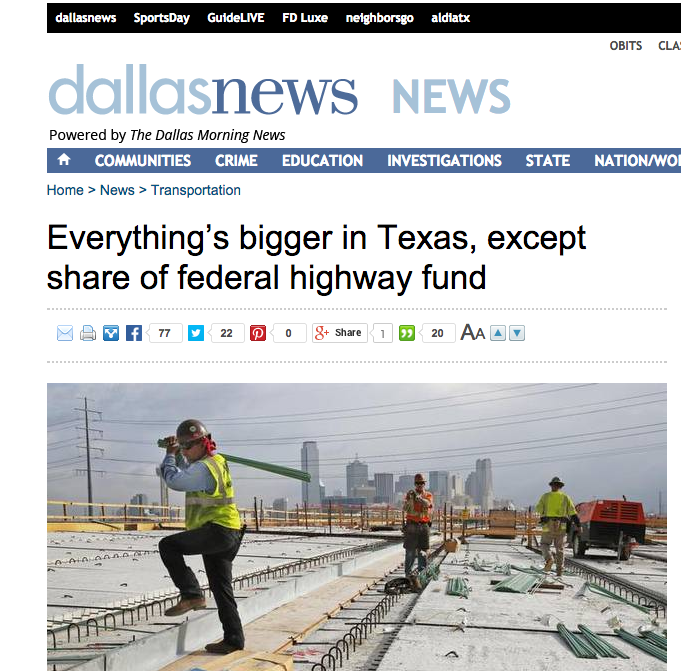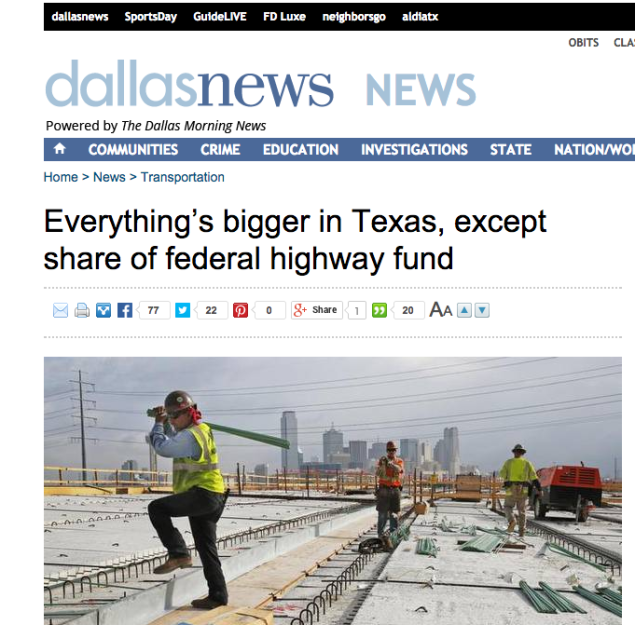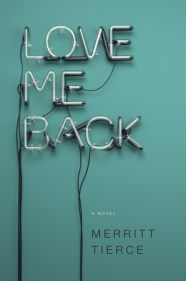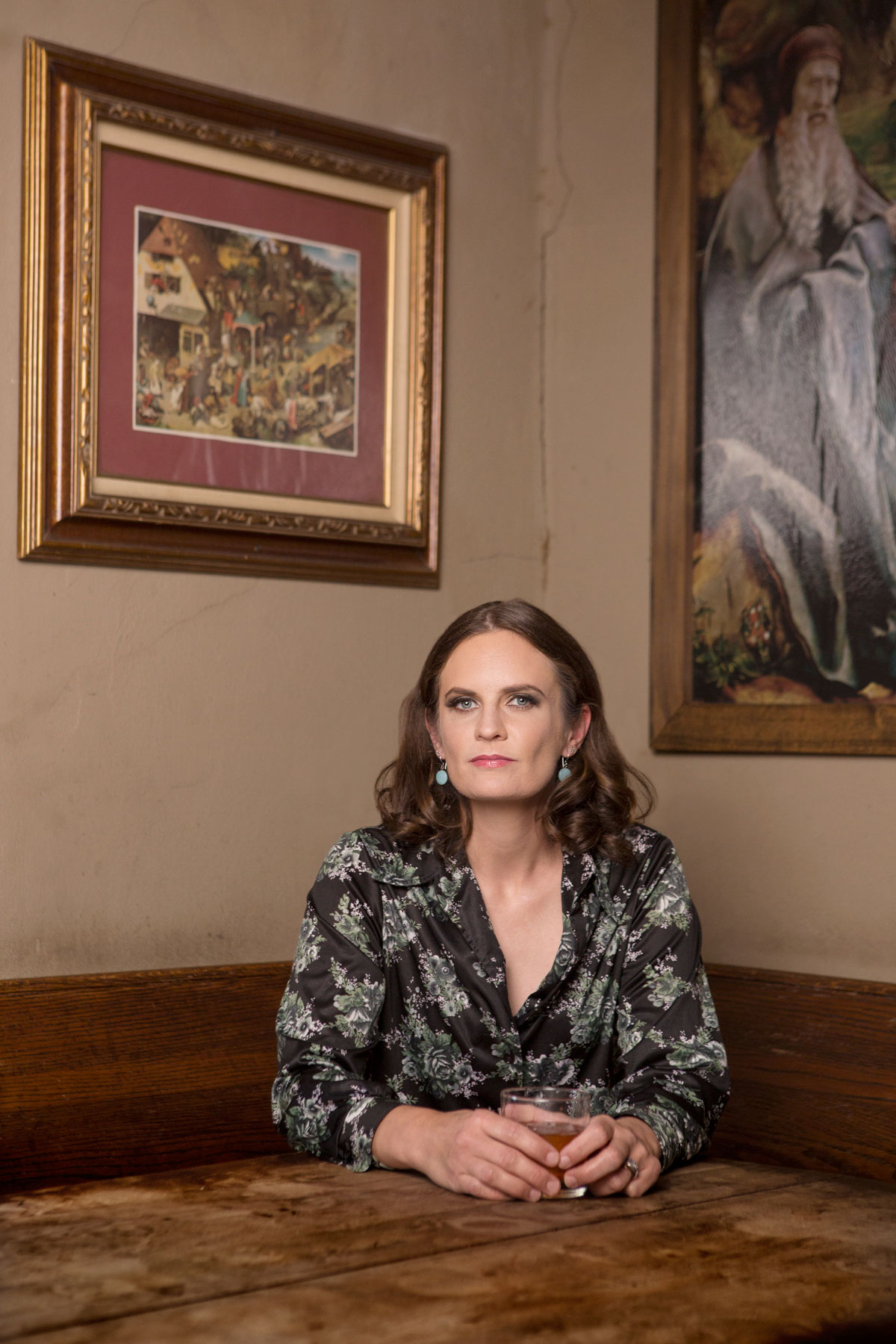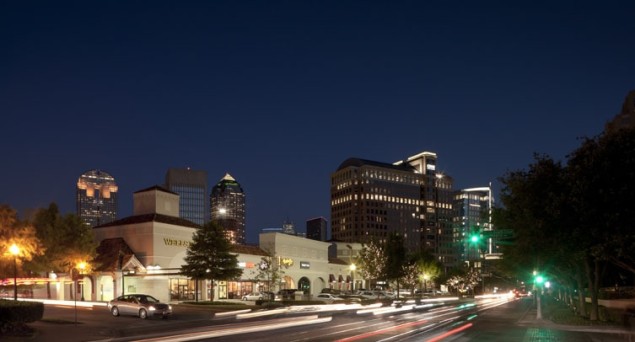
[Editor’s note: Wylie H. Dallas is a frequent commenter on this and other notable blogs in Dallas. We’ve been so impressed by his/her contributions to the public conversation that we gave him/her a Best of Big D award this year and have invited him/her to become a regular contributor to FrontBurner. We’re delighted that he/she has accepted the opportunity and look forward to sharing his/her perspective in this space. No, we still don’t know who he/she/them is in the real world, so keep that in mind as you read this and future efforts.]
Saturday night, after dropping a friend at her swanky Main Street pad, I decided to head over to Highland Park Village for a bit of merry-making. This would require cash. Luckily, a strip shopping center with plenty of free parking (and, most importantly, an ATM) was right on the way, located at the corner of Pearl and McKinney.
As I whipped in to the parking space in front of the bank, I observed three bewildered-looking, well-dressed middle-aged men standing in front. A rough transcript of our conversation follows.
Wylie H.: “Hey guys, how’s it goin’?”
Three men at a bank: “Fine.”
Wylie H.: “What’s up? Are you going to rob me?”
Three men at a bank (laughing): “No, we’re from Miami!”
Wylie H.: “And that is supposed to reassure me?”
Three men at a bank: “Hahaha. Yeah. We’re here for a real estate convention. Staying at the An-uh-toll-ee. It’s out in the middle of nowhere!!!” (My trusty friend Mr. Google revealed them to be attending the “Five Star Conference”)
Wylie H.: “Hmmm… right. So, what are you doing here?”
Three men at a bank: “We asked where the action is, and they told us to go to McKinney Avenue. Our taxi driver dropped us here.”
Wylie H.: “But what are you doing HERE, in front of the bank?”
Three men at a bank: “We can’t figure out where to go. We tried walking down that way (points towards Sambuca), but we couldn’t find anything. So, now we’re back here. It’s tricky walking around; I tripped over a brick and almost fell down. (he demonstrates by balancing on one leg, leaning forward, and splaying his hands outwards).”
Wylie H.: “Ah, got it. Well (pointing in the direction of the gas station and drive-through BBQ place) …. there’s a popular club in the hotel over there … Skews a bit on the young side through.”
(Three men at a bank stare confusedly at the gas station.)
Wylie H.: “Look. See the woman in the skin-tight dress and high heels walking through the gas station.”
Three men at a bank (exchanging knowing glances between themselves): “Yes….???”
Wylie H.: “Well, that’s where she’s heading. But she may cost you. Be careful. Most of the nightlife on McKinney is farther up the street, but tends to be a younger crowd.”
Three men at a bank: “Oh.”
Wylie H.: “You might want to check out Avanti’s … that’s pretty nice, and more people your age. (Pausing.) Oh, never mind—I’ve got a better idea.”
Three men at a bank: “Not Avanti’s?”
Wylie H.: “No. It’s hard to get to, because the sidewalk between here and there is closed, so you have to cut back and forth across McKinney. (Gestures towards the Ritz). It’s hard to tell from the outside, but the bar at the Ritz will be very lively. You could check that out. Also (pointing at Sambuca), you could check that place out, they have live music.”
Three men at a bank: “Hmmm….”
Wylie H.: “The bar at the Ritz will have more ladies like the one that was walking through the gas station. (Pointing back towards the Ritz, again) You could also walk down here, take a right, then walk down to the corner and cross the street and check out Ocean Prime. Plus, there are another couple of places further on, but it’s kind of hard to explain how to find them. Maybe you could ask someone once you get closer?”
Three men at a bank: “Hmmm….”
Wylie H. (shaking hands): “Well, I hope you have fun! See ya’ later!”
Three men at a bank: “Thanks!”
As I pull away, I observe the three men still standing in front of the bank and start feeling somewhat glum, wondering what the hell people from other cities think when they are confronted with the bewildering, un-walkable mess that passes for our nightlife district. After a brief second, however, I recall that right before meeting the three men at a bank, I had been startled on Routh Street by a “gang” of 15 people on unicycles, riding into One Arts Plaza for reasons I can’t begin to fathom. And I suddenly felt more optimistic about Dallas’ future.
Follow the unicyclists; they’ll lead us to a better world.



